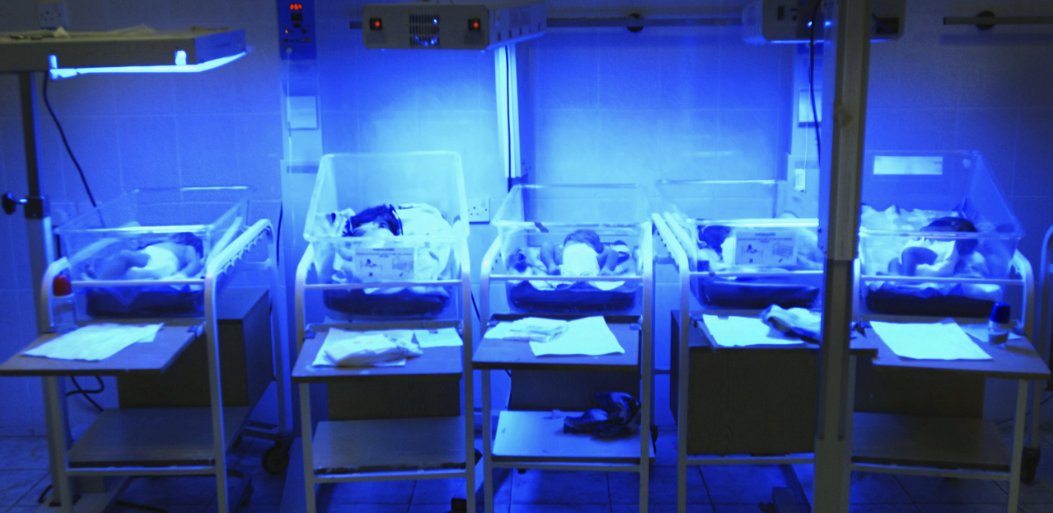Early analysis had initially suggested that, contrary to widespread fears, the pandemic — and the lockdowns — did not lead to a rise in suicide in the UK in 2020. And, in general, that may have been true. But when it comes to perinatal suicide specifically, a new report indicates cause for concern.
MBRRACE-UK, an organisation that monitors maternal and infant mortality, has recently released two reports that are attracting attention from health authorities.
The first is on infant mortality and contains good news: extended perinatal mortality has reduced by 20% from 2013 to 2020, equivalent to approximately 820 fewer infant deaths in 2020.
But the findings contained in the second report on maternal mortality are not good at all. The long-term data reveals a centuries-long drop in maternal mortality that ends in 2013, after which we see a levelling off, and then an enormous 24% uptick in 2018-2020. Lockdowns may have played a role, but this is an uptick that is not entirely accounted for by Covid-19 itself, which took the lives of nine pregnant or postpartum women between March and December 2020: excluding their deaths from the data still shows a 19% jump in maternal mortality from 2017-2019 to 2020.
It’s worth pointing out that the same larger pattern has been observed in deprived parts of the UK, where life expectancy stopped increasing from about 2013 onwards, long before the pandemic struck. Once again, we have centuries of improvement, followed by a plateau, and then a decline. For the first time in living memory, life expectancy is going downwards among the poor.
There are at least a couple of ways of explaining this development. It could be that grim trends in both life expectancy and maternal mortality are linked to the cuts to public services that were initiated by the Conservatives in 2010. It could also be that the so-called ‘lifestyle diseases’ are taking their toll, the result of the historically unprecedented availability of high-calorie processed foods. Both factors are likely to be playing some role here.
But the rise in maternal mortality from 2018-20 is sharp enough to suggest that something else may be going on.
There are two distinct groups of women which are at particular risk during the perinatal period (which includes pregnancy and the 12 months following birth). The first group contains women who are at risk of dying from physical health conditions, most often cardiovascular. These women are disproportionately likely to be poor, older, obese, black or South Asian, and to have suffered from at least one pre-existing health problem before they became pregnant.
The second group shares only one risk factor with the first: poverty. Otherwise, they are quite different: young, disproportionately white British, often victims of domestic and child abuse, and frequently affected by substance abuse and severe mental illness.
It is in this latter group that we mostly see the recent sharp rise in deaths, since they are at risk from what is now the leading cause of mortality among pregnant and postpartum women: suicide. In 2018-20, deaths from mental health-related causes as a whole (suicide and substance abuse) account for nearly 40% of deaths that occurred within a year of the end of pregnancy.
Mercifully, we are dealing with relatively small numbers here, which means that marginal changes in the absolute figures can look like huge changes proportionally. Twenty-eight women died by suicide during 2020 in the UK and Ireland during pregnancy or up to one year after the end of pregnancy. But, as the MBRRACE-UK report details, this represents a significant increase on previous years:
In other words, in 2020 women were over three times more likely to die by suicide during or up to six weeks after the end of pregnancy, compared to 2017-19.
We can’t know for certain whether or not these deaths were linked to the pandemic. We do know that perinatal mental health service providers reported a huge rise in demand during 2020, and that they were limited in the amount of face-to-face and outreach care they could provide.
This new report makes the raw numbers tragically clear: in 2020, suicide claimed the lives of more pregnant and postpartum women than did the Covid-19 virus itself. This is a crisis that demands our attention.











Join the discussion
Join like minded readers that support our journalism by becoming a paid subscriber
To join the discussion in the comments, become a paid subscriber.
Join like minded readers that support our journalism, read unlimited articles and enjoy other subscriber-only benefits.
Subscribe